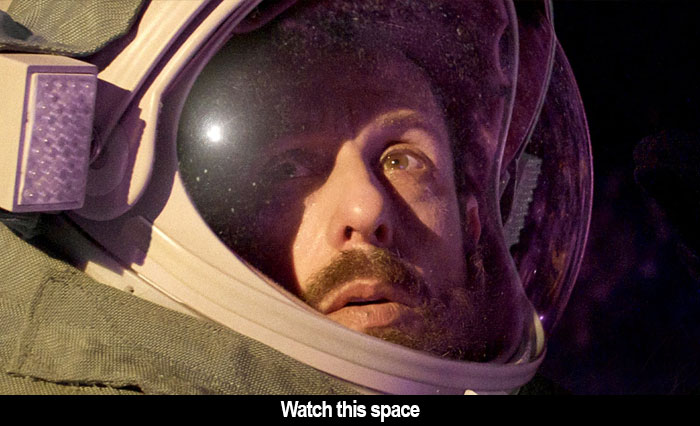Challengers (2024)
**/****
starring Zendaya, Josh O’Connor, Mike Faist
written by Justin Kuritzkes
directed by Luca Guadagnino
by Walter Chaw Challengers feels…what’s the word, is it “coy?” It’s a tease, a jape, a roundelay and a smug one. It promises the world and delivers a quintessence of dust: a movie about tennis where the balls are blue. The best part is near the end, when two once and future lovers consider each other from across a swirling maelstrom–a scene of heightened emotions right there on the verge of magic realism that reminded me of better movies like Adrian Lyne’s Unfaithful and Jacques Tati’s M. Hulot’s Holiday and even Bronwen Hughes’s wildly underestimated Forces of Nature. What a pity the resolution to said scene is a heatless tumble in the backseat of a beater. It’s possible that consummation in the sexual sense is meant to take a backseat to ecstatic metaphor–that fucking is secondary to dazzling cinematography and a sweaty clinch in front of an adoring crowd. That would explain why the non-tennis sequences are equally sparkless: the two-thirds of the book you skim to get back to the good bits. Off the court, it’s an irritating, underwritten melodrama played by two fantastic actors and one who purses their lips and concentrates a lot, husky-whispering like late-career J-Lo when trying to convey seriousness. The one who seems altogether unworthy of the attentions of the other two points on this love triangle, so that any hint of romantic suspense has fled. Of course the boys should be together: the boys are the sexy ones in perpetual heat. What are we even doing here?


